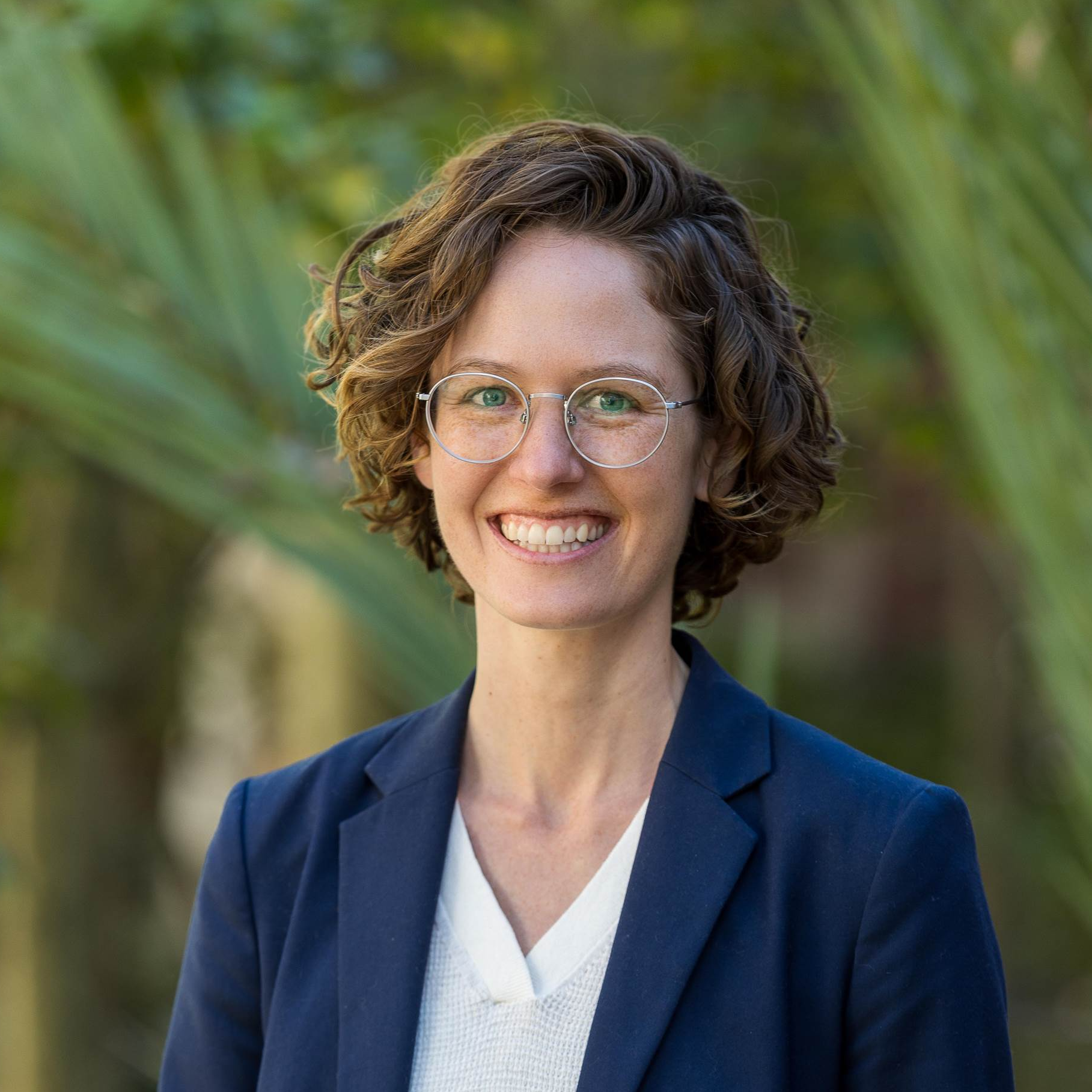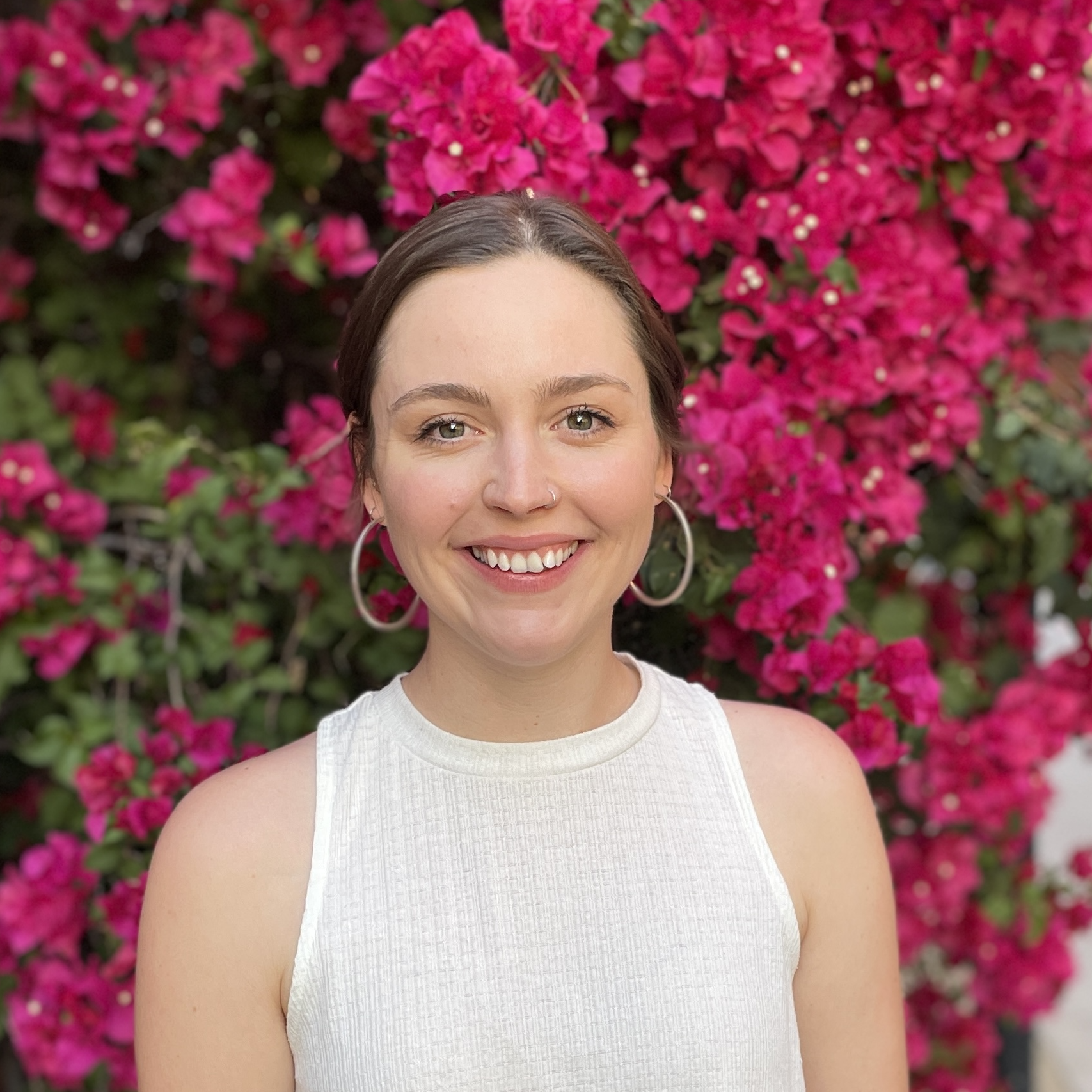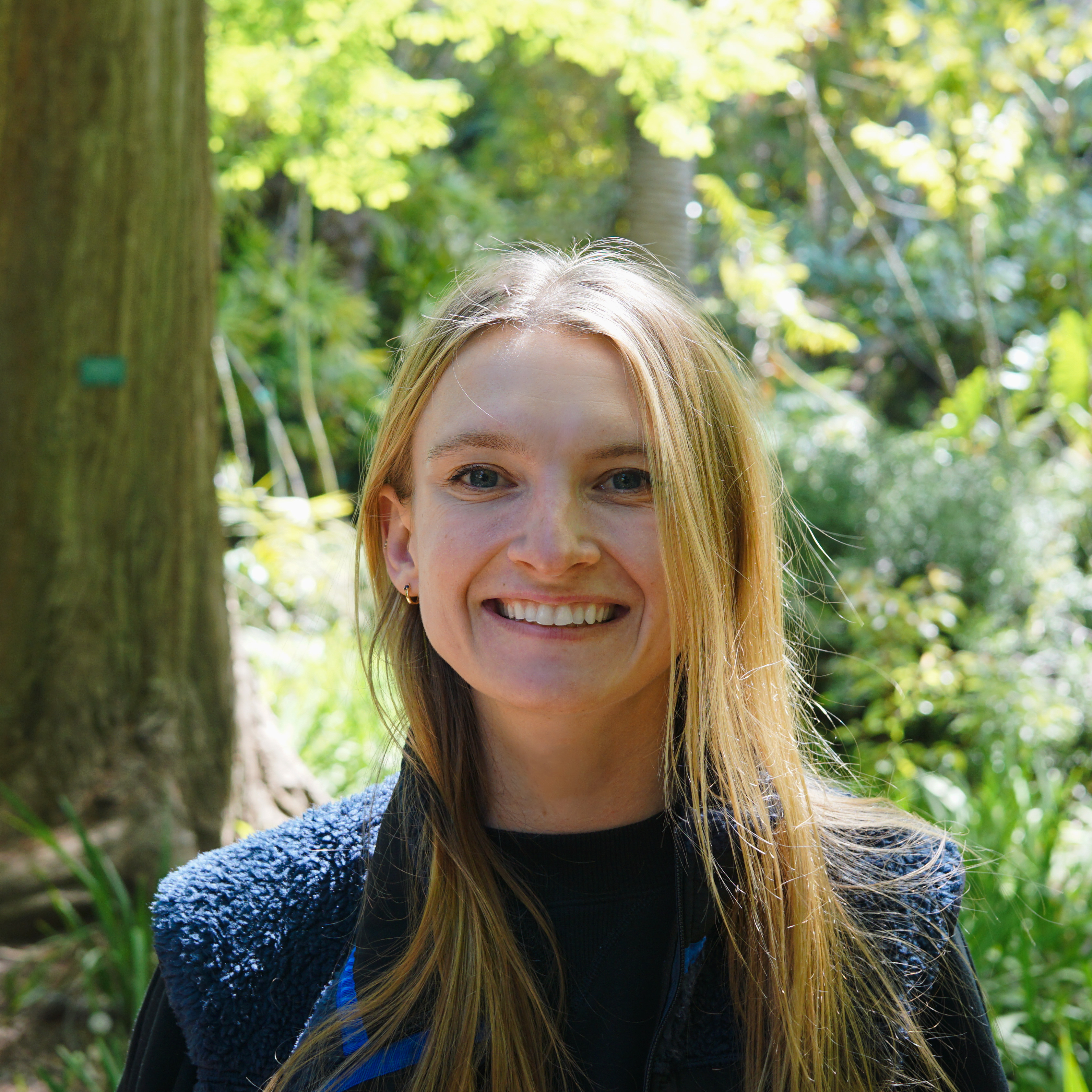Suqin Duan, IoES post-doc. Now an Assistant Project Scientist at UCLA working with Prof. David Neelin.
Wenwen Kong, IoES post-doc. Now a Data Scientist at Studio X.
Sam Baugh, Statistics PhD (2022). Now an Assistant Professor of Statistics at PSU
Surabhi Agrawal, Statistics MS (2022). Now a Data Scientist at Pacific Life.
Kristen Fukunaga, Mathematics BS (2021). Now a masters student at UW Statistics.
Dhruv Chakraborty, Computational Mathematics BS (2021). Now a Product Scientist at Indeed.com.
Avery Robinson, Statistics BS (2021). Now at Silicon Valley Bank.
Stephanie Doe, Applied Mathematics BS (2021). Now a Data Scientist at MOBE.
Russell Horowitz, IoES Master's (2021). Now a PhD student at the Basque Centre for Climate Change.
Chris Reed, IoES BS (2020). Now a Data Analyst at wikiHow.
Pete Jourgensen, Computer Science Master's degree (2019). Now a Data Scientist at Deep 6 AI.
Join the group
Information for all prospective group members
Research in the McKinnon group is on the physical climate system, including the development of novel statistical and machine learning methodologies to answer scientific questions about the climate system. A strong quantitative background (including in statistics, computer science, physics, and applied math) is strongly encouraged, and is more important than a background in earth or atmospheric science specifically. Research areas include weather extremes (heat, humidity, precipitation), wildfire, internal variability across timescales, land/atmosphere interactions, and the climate response to human influences. If you are interested more broadly in questions related to sustainability or the social sciences as related to the environment, please contact other relevant faculty members at the Institute of the Environment and Sustainability.
Prospective undergraduate students
At this time, I am not able to take on undergraduate students in the group. Please check back in later!
Prospective graduate students
Applications for starting a PhD in Fall 2026 will open in Fall 2025. I may be admitting a student conditional on funding availability. I admit students through the Department of Atmospheric and Oceanic Sciences or the Department of Statistics and Data Science. Your experience doing research in my group will be the same regardless of which program you apply to; however, the course requirements and funding structures are different. Please explore the websites of the different programs to figure out what seems to meet your needs best, and get in touch with the academic administrators if you have further questions about the logistics and requirements of each program.
Please reach out if you want to discuss post-doctoral fellowship options. In your email, please include the fellowship(s) you are interested in applying to, your CV, and a pargraph or two of your background, research interests, and goals for your postdoc. Some potential funding sources for post-docs are the NOAA Global Change post-doc, the various NSF post-docs, the Schmidt Science Fellows, and the University of California President’s Postdoctoral Fellowship Program. For those interested in climate change impacts to ecosystems, the USGS Climate Adaptation Postdoctoral Fellows Program may also be of interest.





